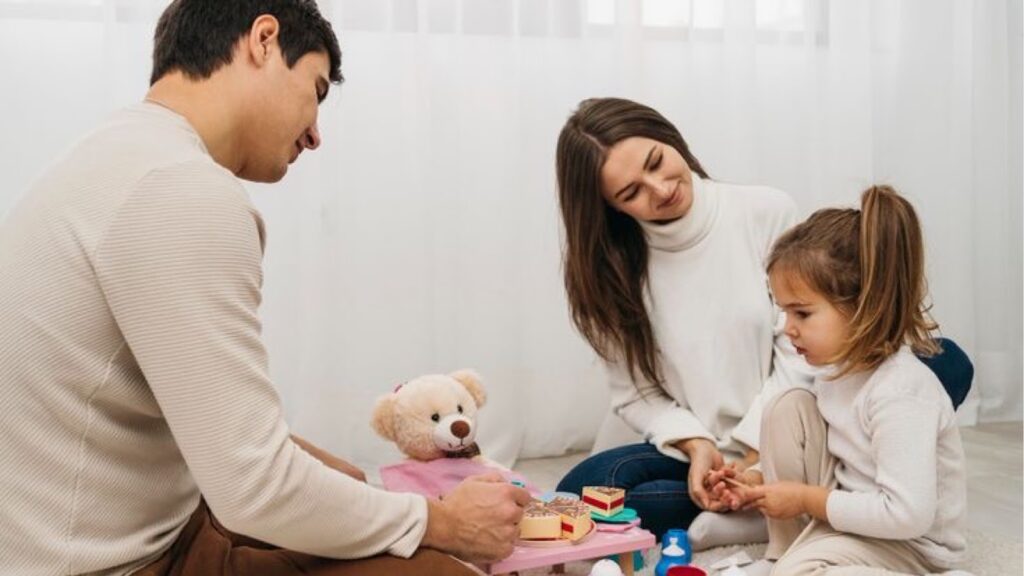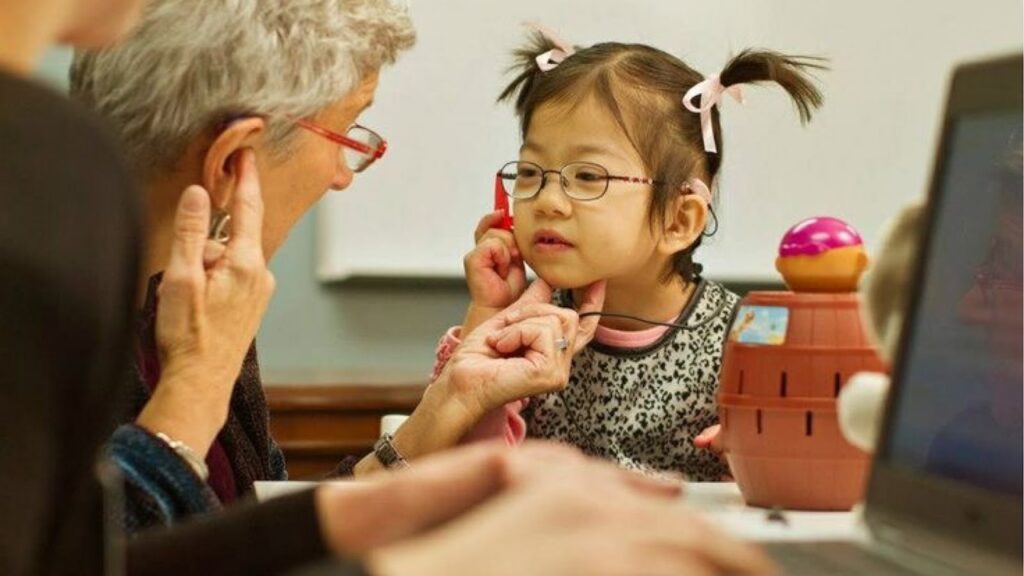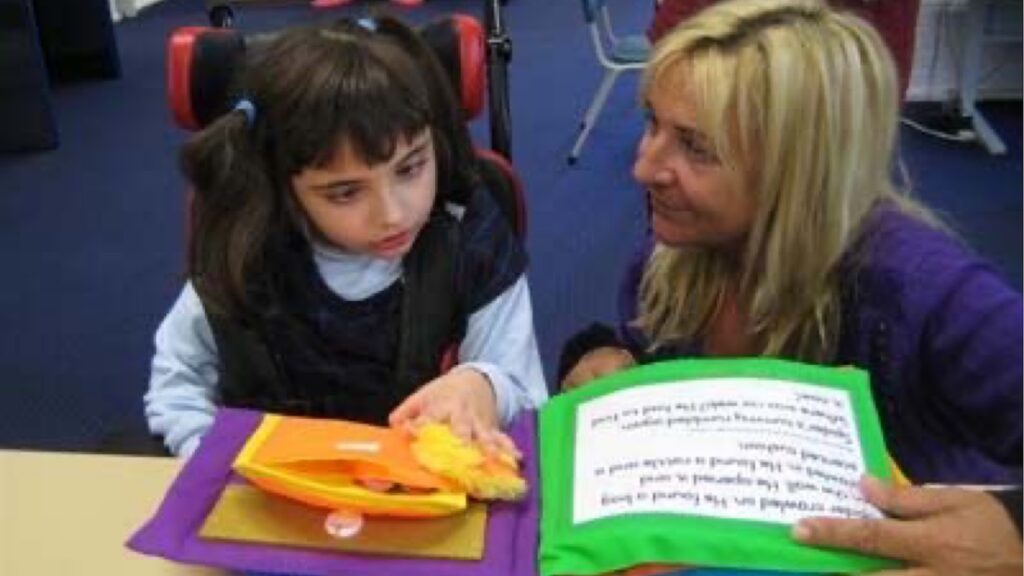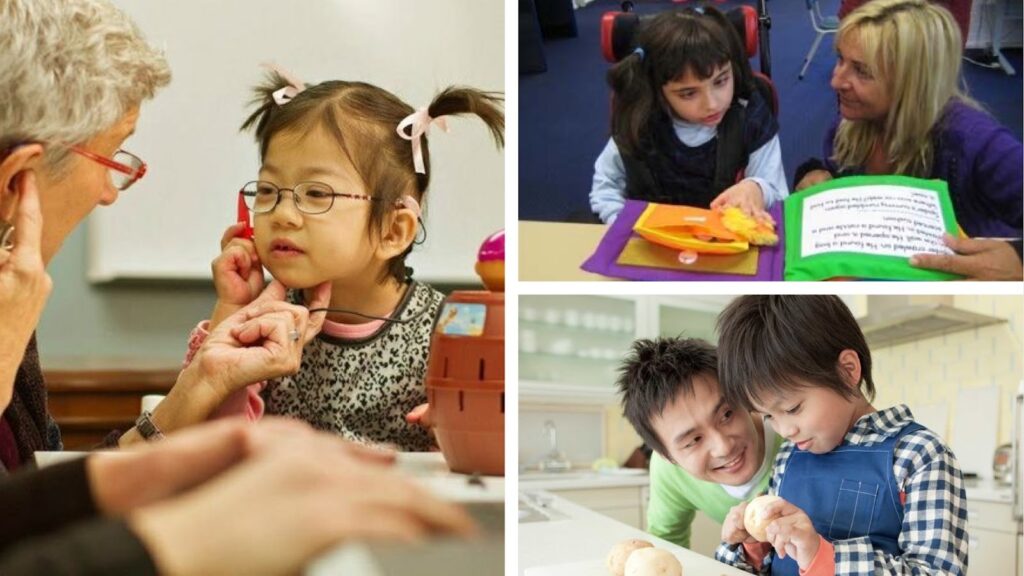Talking to children about shootings can be daunting, but it’s a necessary parenting skill. Whether discussing mass shootings or general safety, the goal is to instill calm and confidence. Parents should approach this topic age-appropriately, emphasizing emotional support and open communication. Learning to manage fears and build resilience are valuable parenting hacks for preschoolers and teenagers. Let’s examine practical tips tailored to every age group.
Use Age-Appropriate Explanations
When talking to children about shootings, always try to match your explanation to their age. For young kids, use simple phrases. Older children may ask more detailed questions, so answer honestly but keep it basic.

Teens can handle more information but avoid overwhelming them. Keep safety discussions positive by emphasizing preparedness rather than fear. A clear, respectful tone fosters child communication at any age.
Begin the Conversation
Start every conversation calmly and gently. You could ask open-ended questions like, “What have you heard about this?” This will make talking to children about shootings a dialogue, not a lecture.

Use examples they might relate to, like school safety drills, and explain without scary details. A caring parent’s approach will make the kids feel safe sharing. Don’t wait for them to be scared—early chats build trust and understanding.
Offer Emotional Support
Children often mirror your emotions, so staying calm helps them feel safe. Validate their feelings by saying, “It’s okay to feel scared.” Tailor your parenting hacks to their age—offer lots of hugs, listen carefully, and let them express their feelings.

Teaching them fear management will help them build resilience. Plus, when you prioritize emotional support, children feel empowered to process tough topics like mass shootings.
Look Out for Signs of Trauma
Subtle behavior changes can signal distress. For instance, if your child avoids specific places or has nightmares, they might need extra help. Trauma can also show up as withdrawal or anger, especially in teenagers.

To address this, keep conversations going with empathy and regular check-ins. By staying aware of signs of trauma, parents can step in early, providing love and seeking professional help when needed.
Share Stories of Helpers
Kids love hearing about heroes, so share stories about firefighters, police officers, or neighbors helping others. Focus on how these people keep everyone safe to make safety talks less scary and more hopeful.

For older kids, talk about ways they can help, like joining a fundraiser or volunteering. This inspires them to care for others while feeling hopeful and empowered to make a difference.
Reassure Them About Safety Plans
Talk calmly and simply about school drills and family safety plans. Let them know these plans are intended to keep everyone safe. Use easy words like “We’re ready to stay safe,” and practice the plans together so they feel natural.

Building familiarity fosters security and reduces anxiety when talking to children about shootings or any serious event.
Address Misinformation
Kids often hear things from friends or online that may not be true. When this happens, help them understand by saying, “Let’s check the facts together.” This shows them that you’re there to guide them.

Whether talking about mass shootings or general safety, it’s important to clear up any confusion. By doing so, you help them think for themselves and avoid unnecessary fear.
Teach Coping Strategies
There are simple ways to help kids deal with stress. Breathing exercises, drawing, or even writing down their feelings can help. Show them how you do these things so they feel comfortable trying them out.

For older kids or teenagers, activities like playing sports or making art can help them positively release energy. Effective fear management begins with equipping kids with practical, empowering tools to handle their emotions constructively.
Empower Your Kids To Thrive Through Tough Conversations
Open, honest conversations create strong connections and help children feel safe. By using these strategies in talking to children about shootings, you can tackle hard topics like mass shootings with confidence. Focus on empowering your kids with knowledge, love, and emotional support. Ready to make a difference? Start the conversation today—it’s a vital step toward a future of trust, security, and resilience for your family.
